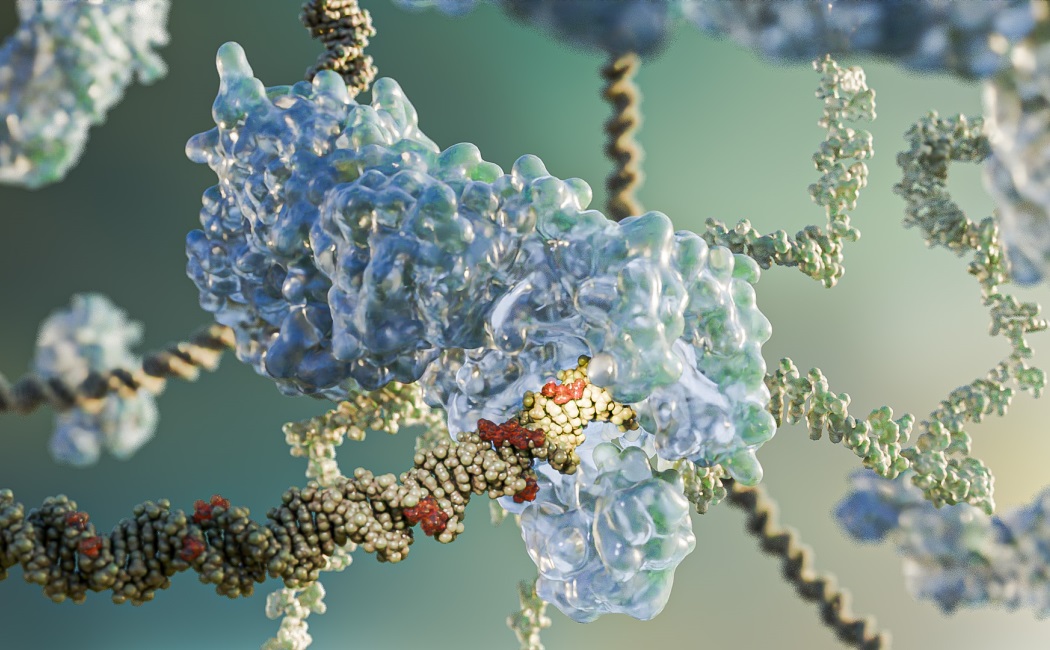
Defeating the deletion makes genome editing safer and more precise
02 May, 2024
A simple and robust strategy developed by KAUST scientists could help to improve the safety and accuracy of CRISPR gene editing, a tool that is already approved for clinical use for the treatment of inherited blood disorders.
This approach tackles a critical issue with CRISPR technology: the act of slicing the genome at specific points and then rejoining it, which inherently risks damaging the DNA in a manner that might cause large-scale and unpredictable disruptions.
Hoping to mitigate this issue, a team led by Mo Li, a stem cell biologist at KAUST, investigated DNA repair pathways that lead to large genomic deletions following CRISPR editing in human stem cells.
Click here to read the full story.